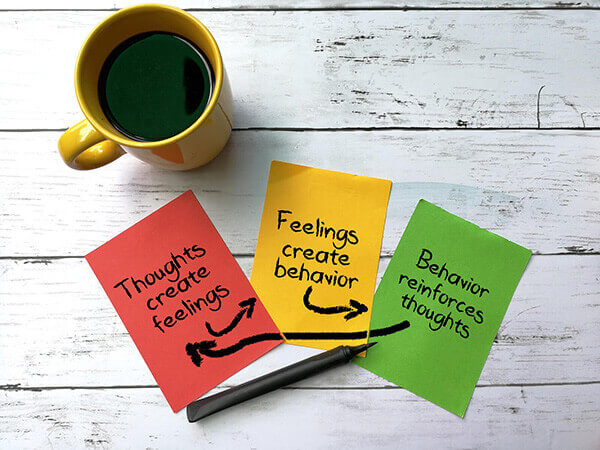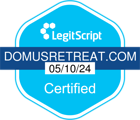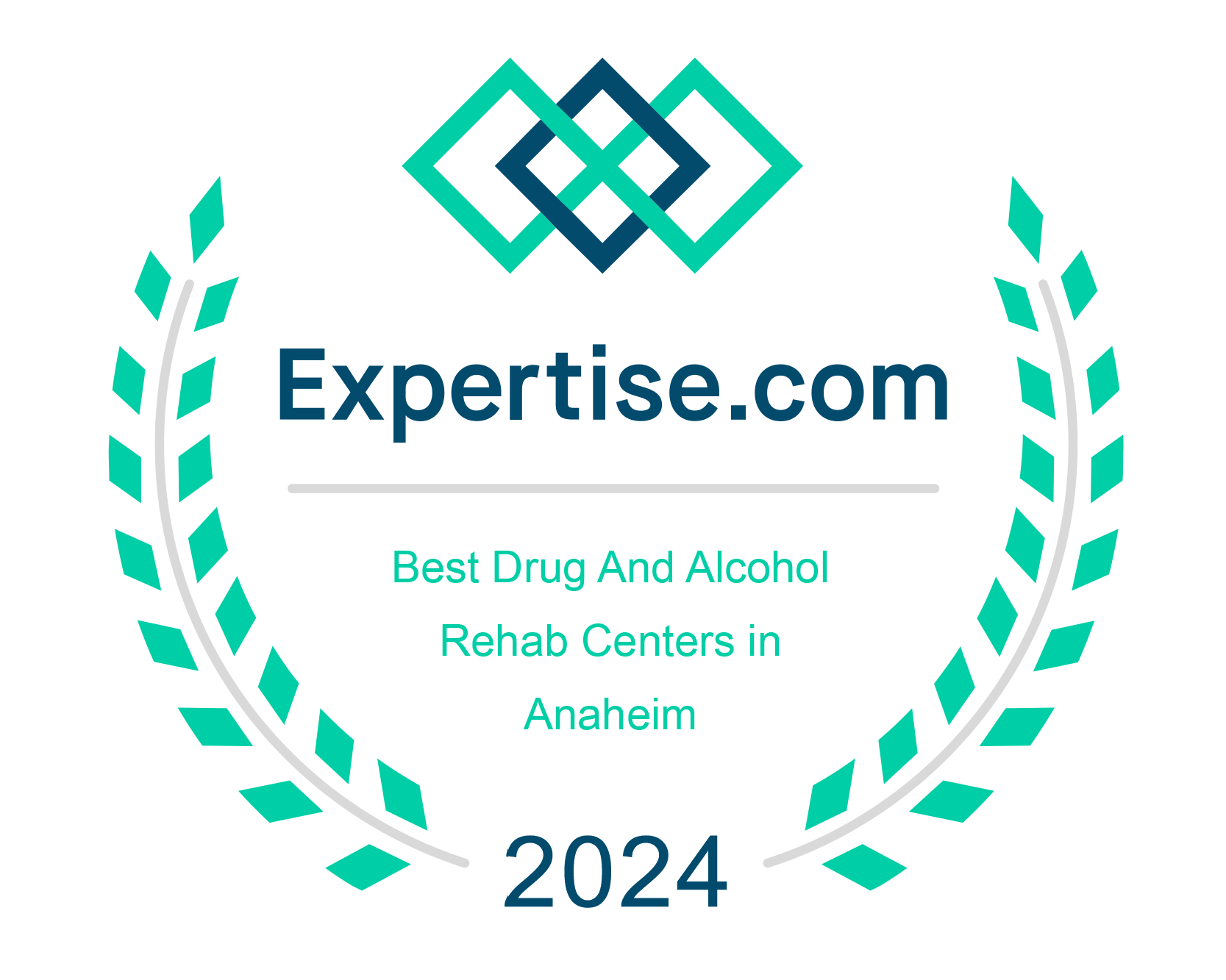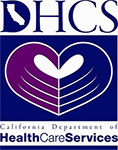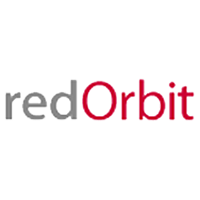Substance abuse is a multifaceted condition that can affect many areas of a person’s life. A health condition that requires individualized care to diagnose and address the root cause. Substance abuse often has detrimental consequences on socializing, physical and mental health, and issues at work, home, school, or the law. However, after a successful detox program, many types of therapy are available to effectively treat the resulting consequences of addiction to someone’s life.
Dialectical Behavioral Therapy
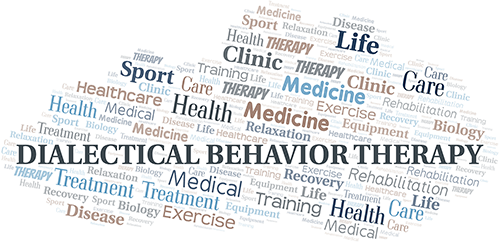
- Teach people to live in the moment
- Develop healthy ways to cope with stress
- Regulate emotions
- Improve their relationships with others
DBT techniques often use group therapy, individual therapy, and currently, more than ever, phone or zoom coaching. Therefore, patients can contact the therapist between sessions for immediate guidance when a problematic situation arises.
Cognitive Behavioral Therapy (CBT)
Cognitive-behavioral therapy (CBT) is a model of psychotherapy to help people learn how to recognize and change destructive or disturbing thought patterns that negatively affect their behavior and emotions. This type of therapy focuses on changing the automatic negative thoughts that can contribute to anger, depression, and anxiety. The goal is to replace destructive thoughts with more objective and realistic ones.
Contingency Management (CM)
Contingency management therapy may effectively help treat substance use disorders, including
In Contingency Management, patients receive a reward when they reach a treatment goal. For example, the most common type of CM reward for substance use patients is to get cash, a voucher, or some attainable prize in response to a negative urine toxicology screen.
Although Contingency Management (CM) is not always implemented in a treatment center or by a clinician, it is often used at home. Sometimes parents of teenagers will also use this type of method to promote healthy behaviors. One of the main benefits of CM is that it can result in a reduction in two of the most significant treatment-related concerns: dropping out and relapse.
Motivational Interviewing (MI)
Motivational Interviewing is a client-centered counseling approach for achieving behavior change while helping patients explore and resolve ambivalence.
The Five Principles of MI are:
- Express empathy through reflective listening.
- Develop discrepancy between clients’ goals or values and their current behavior.
- Avoid argument and confrontation.
- Adjust to patients resistance rather than fighting it directly.
MI supports self-efficacy and optimism, which in drug addiction treatment helps resolve ambivalence and allows individuals to embrace treatment efforts that best help them change problematic substance use behavior.
Rational Emotive Behavior Therapy (REBT)
Rational Emotive Behavior Therapy helps patients have a clearer understanding of their thoughts while also helping them develop better habits. By thinking in more positive and responsible ways, they can express emotions more healthily. The idea of REBT is that thinking comes from within, so external situations are not what should drive a person’s happiness or unhappiness.
Matrix Model
The Matrix Model combines various therapeutic techniques. Psychotherapists often focus on rewarding healthy behaviors and helping patients believe in themselves, self-esteem, dignity, and self-worth. The National Institute on Drug Abuse (NIDA) describes the Matrix Model primarily focused on “relapse prevention, family and group therapies, drug education, and self-help participation.”
How Effective is Therapy in Treating Drug Addiction?
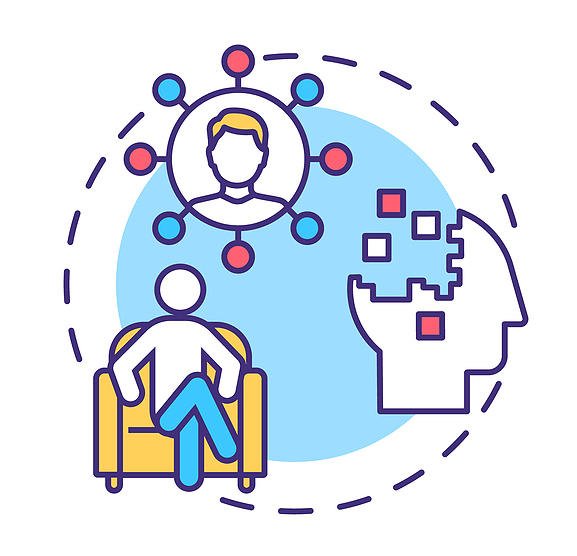
Helpful Holistic & Alternative Therapeutical Tips to Assist in the Treatment and Recovery of Substance Abuse Disorder
Several alternative therapies can be used to complement a conventional substance abuse treatment and support recovery. Though these techniques are not substitutes for mental health or substance abuse treatment programs themselves, they can help promote and speed recovery.
Some of these therapies are:
Exercise
Physical activity is an excellent way to produce endorphins, reduce stress, and tame difficult emotions. It can also help cardiac and pulmonary function, circulation, and weight management.
Meditation
Meditation can provide a positive result for those suffering from anxiety, depression, and other emotional difficulties. Mindfulness is a kind of meditation that allows you to maintain awareness of the moment. It also helps you accept your thoughts and feelings without harsh judgment. This kind of therapy will enable you to learn to be aware of where you are and what you are doing without the anxiety of everything else.
Yoga
Yoga is an activity that can be performed in many different styles, some gentle, focusing on breathing and relaxation, and others that are more strenuous. Additionally, yoga is excellent in helping people manage stress, reduce physical tension, feel more self-aware, peaceful, and physically fit.
Is There a Cure for Addiction?
This is a tricky question and depends on how you define “addiction.”
At Domus Retreat, we define addiction as a behavioral condition caused by continuous substance abuse. Long-term substance abuse can have permanent consequences for someone physically, emotionally, and socially. So is there a cure for addiction? In most cases, yes, but the amount of treatment and work necessary to reach full recovery is based on each case.
Very few people achieve sobriety and never worry about relapsing. Our brains retain memories, and sometimes those memories can be selective.
The critical thing to know is that in order to maintain sobriety, we need to diagnose and treat the root of the issue that lead you to addiction in the first place. Addiction is a condition you are going through and not who you are or the factor that should decide your fate.
As with any other health condition, addiction needs to be effectively treated, and an ongoing healthy lifestyle should be maintained. For some, staying healthy comes naturally and is pleasurable, but for others, not so much. Regardless, we all deserve self-care. Our bodies are incredibly resilient, and our minds, beyond intriguing. The path to recovery can be exciting and rewarding. We all need to find our own yellow brick road.
Conclusion
Addiction affects each person differently, and just because something works for one person doesn’t mean it works for everyone. Over time, our health needs change, and so should treatment programs. Substance abuse treatment should be provided by experienced professionals and tailored to each individual’s unique needs.
Contact one of our addiction specialists to learn about available treatment options.
We understand that entering treatment can be extremely stressful. We would like to do everything in our power to prepare an atmosphere that meets your unique needs to get you where you want to be.Call 1-866-713-3869
Sources:
- Cognitive Behavioral Therapy Los Angeles
- NIH: Contingency management for the treatment of methamphetamine use disorder: A systematic review
- PCSS: Motivational Interviewing: Talking with Someone Struggling with Opioid Use Disorder
- Rational Emotive Behavior Therapy
- NIH: The Matrix Model (Stimulants)
Reviewed by Clare Waismann, RAS / SSUDCC, Founder of Domus Retreat®
All topics for the DomusRetreat.com blog are selected and written based on high editorial quality standards and cited source material. Clare Waismann, Registered Addiction Specialist (RAS), Substance Use Disorder Certified Counselor (SUDCC), and founder of Domus Retreat and Waismann Method®, reviews articles for accuracy, credibility, and relevancy. Clare Waismann as an authority and expert on opioid dependence and related topics covered on the DomusRetreat.com blog. Please see our Terms of Service for additional information and disclaimers regarding third-party sources and content for informational purposes only.



